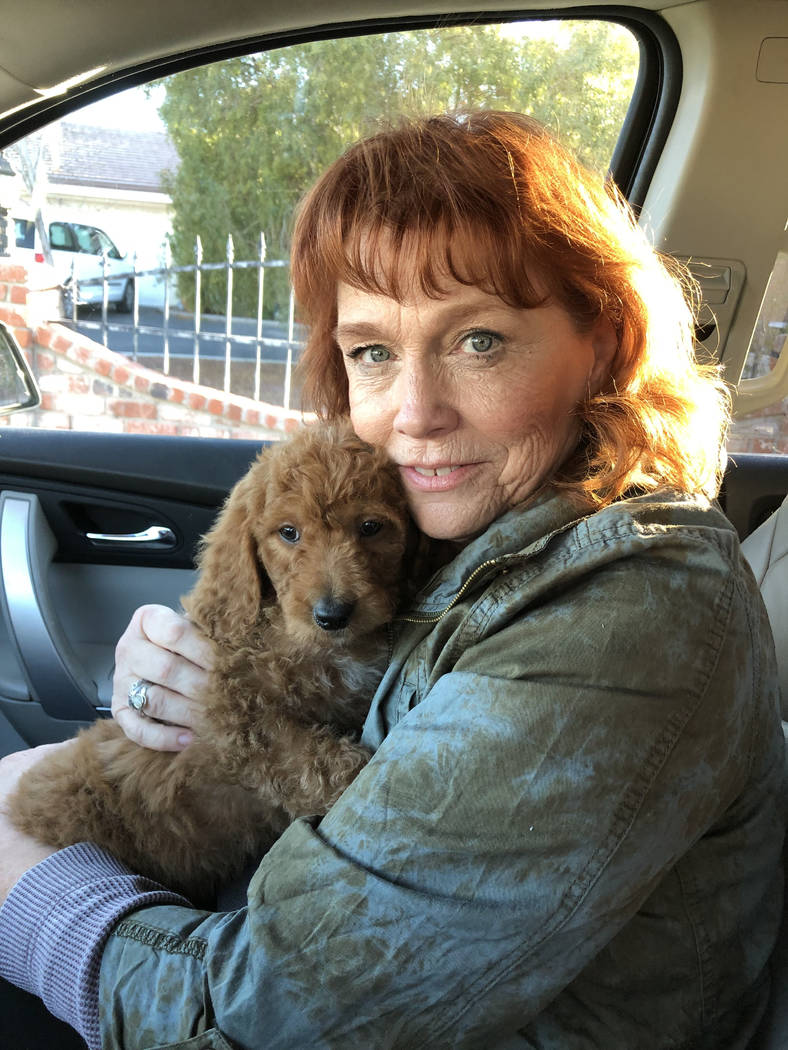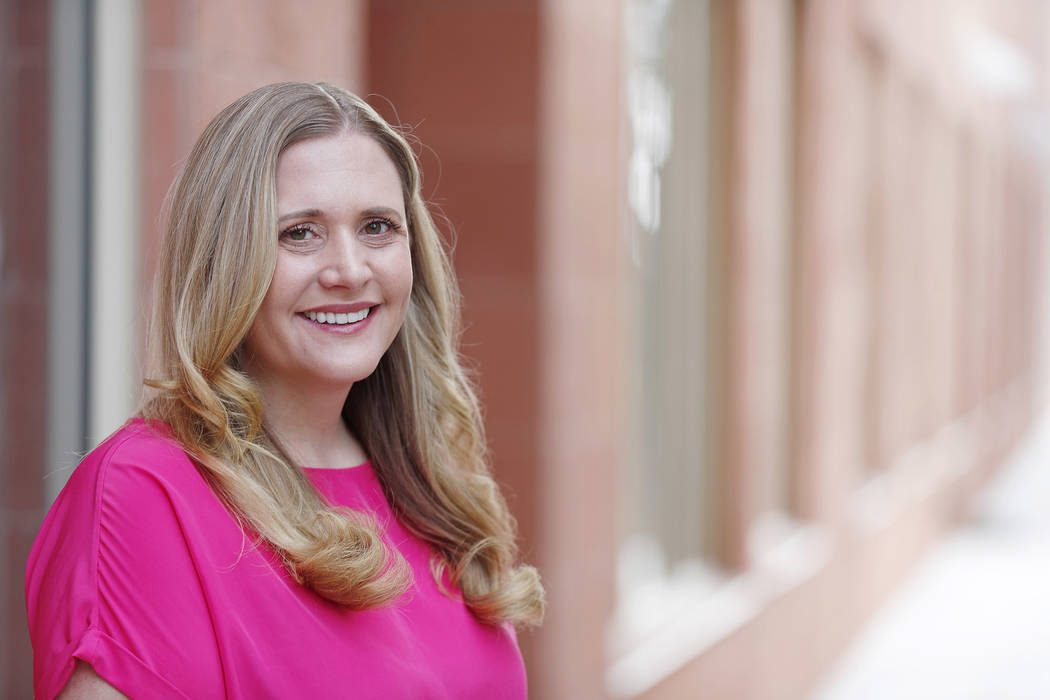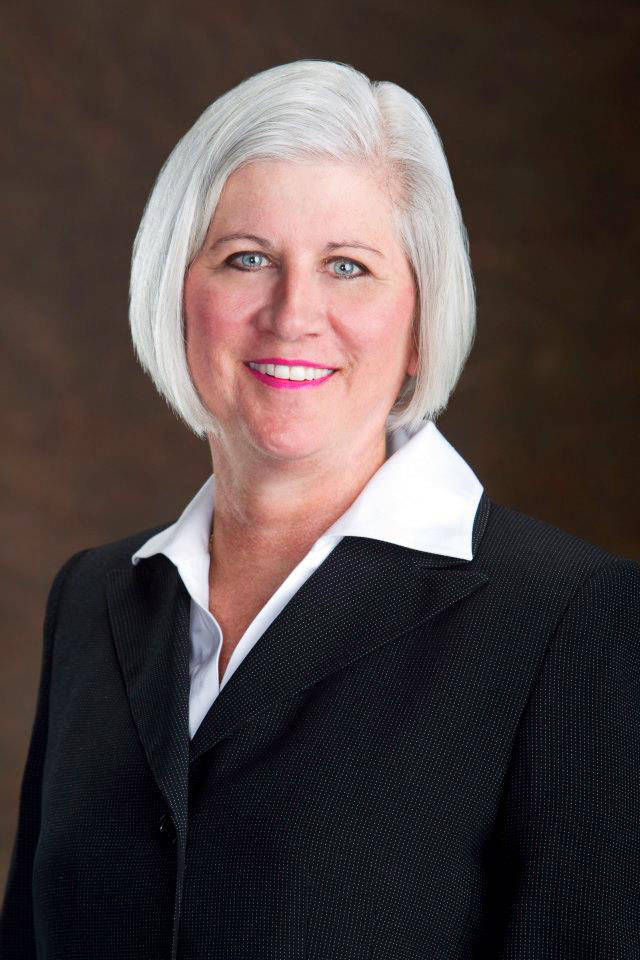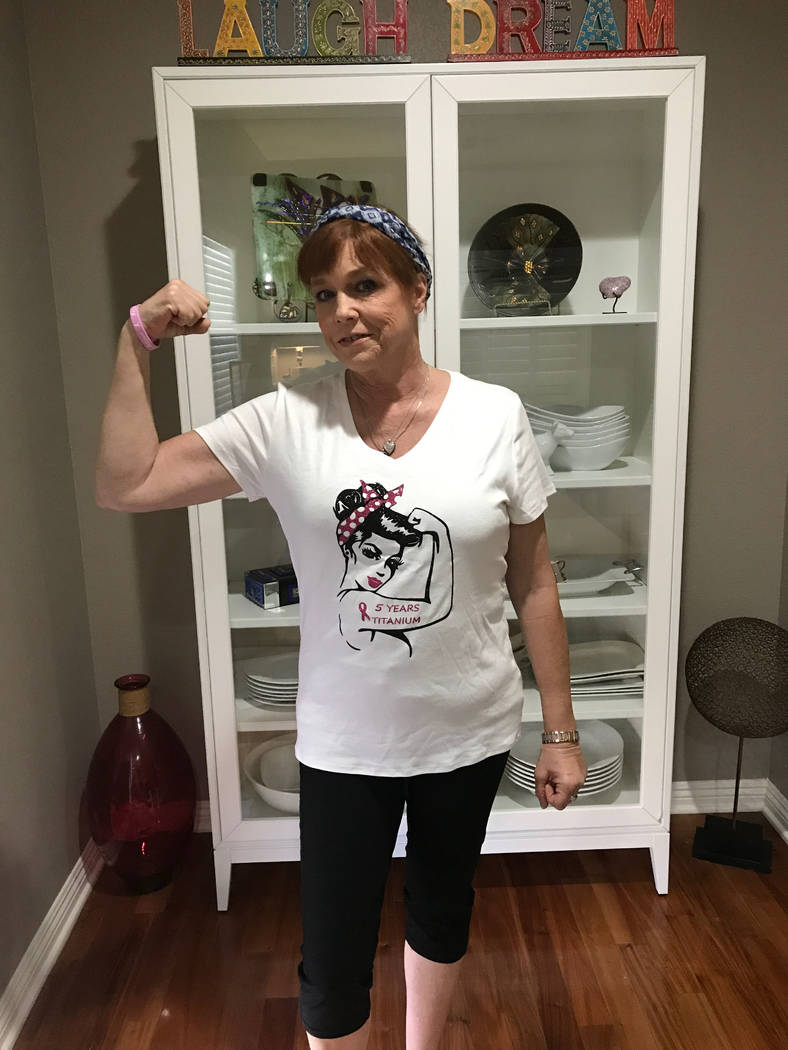Genetic testing can catch cancer early
In recent years, genetic testing has grown in popularity, with home kits arriving as gifts for family members. Most people who take the tests are curious about their genetic makeup or looking to connect with distant family members.
For one local cancer survivor, the genetic testing she received and the fast work of the genetic counselor and oncologist at Comprehensive Cancer Centers of Nevada saved her life.
“It was so unexpected, and I knew something was wrong in my heart of hearts,” she said. “They helped me get the courage and the right care to be here today.”
Susan Wincn’s story starts in 2012 when she was diagnosed with stage 0 cancer. She turned to Comprehensive Cancer Centers for help. After much research and inner contemplation, she decided to receive a complete mastectomy to ensure that the cancer did not have a chance to grow back. As a cancer survivor, she thought she was on top of her care and monitoring.
“Back then they tested for only the BRCA 1 and 2 genetic mutations, and I didn’t have those, so I thought I was OK,” she said. “I was doing everything right.”
Recently, Wincn hadn’t felt entirely herself. She had been in and out of doctors’ offices trying to get to the bottom of a mysterious illness that would land her in the hospital from time to time.
Last fall, her oncologist retired, and she met with her new oncologist at Comprehensive Cancer, ready to continue her annual cancer monitoring.
Dr. Stephani Christensen realized that Wincn had several family members reaching back generations who had been diagnosed with cancer or succumbed early in life to a mysterious disease. She recommended a new genetic panel that tests for 84 cancer genes.
“It has changed so much,” Christensen said. “This is not the only patient that I’ve caught. With the recent, relatively recent, gene testing you can find these rare mutations that make a difference in how we manage these patients.”
As genes are studied and technology advances, she only sees more opportunities for catching cancers early and saving patient’s lives.
“My belief is that we will do more testing, and the more we do the more we find,” she said. “We can triage these patients appropriately so that we can find cancer before it becomes late-stage cancer.”
The tests came back showing that Wincn has the ATM gene, which leaves her at a higher risk for breast, prostate, colon and pancreatic cancers. Wincn was sent to cancer genetic counselor Barbara Caldwell, who not only explained what each gene result meant but how it could affect her health now, in the future and her daughters’ health.
“This is the hard part of genetic counseling,” Caldwell said. “We go over the family tree, what is trending for cancers in the family, what we are looking for, what is worrisome, the results and then what are the (odds) that they will get cancer. There is a gray zone, the variance of uncertain significance. As we do more in genetic testing, they will be able to sort out these variances.”
A genetic counselor helps the patient and her family in understanding their inherited cancer risk and what the information can mean. The closer a family member who had cancer is to the patient with certain genes, the higher the chance is to receive a cancer diagnosis. Tests just a few years ago cost thousands of dollars, but today a genetic panel can run around $250.
“It’s available to everyone, and it’s a good idea to get it done,” Caldwell said. “We can’t fix these mutations, but what we can try to do is stay ahead of the cancer curve by being proactive and screening and getting immediate attention.”
That mindset at Comprehensive Cancer Centers of Nevada is what put a series of lifesaving events in the path of Wincn’s lingering illness of unknown origins.
The testing that Christensen recommended and that Caldwell facilitated led to Wincn telling the gastroenterologist who was investigating her mysterious illness symptoms about the ATM gene mutation. With more testing, they found a lesion on Wincn’s pancreas.
Caldwell called a top surgeon at UCLA, and within a week, Wincn was undergoing surgery with the full support of Comprehensive Cancer Centers of Nevada.
“I had my results on the ninth of September, and on the 13th of September I was at UCLA,” Wincn said.
After a lengthy surgery and a few weeks of recovery, Wincn will undergo six months of chemotherapy. She is expected to return to her sculpting class before the holidays. She has plans to go to Italy soon. Her team of physicians told her she will enjoy it immensely.
Her four daughters are each in the process of a complete genetic testing panel to look for the ATM gene and how it might be problematic for them considering other factors. And her 17 grandchildren will receive genetic testing before cancer can gain any ground.
“This was a very accidental saving of my life, in a way,” Wincn said. “We know more now. We can do more now.”
Who should get tested?
Stephani Christensen, oncologist at Comprehensive Cancer Centers of Nevada, encourages those who have had cancer or have a family history of cancer to get a panel of genetic testing. The closer you are to the relative who had cancer, such as a parent, the more likely your chances are of a cancer diagnosis at some point.
"There are a few factors, such as age is important, or lifestyle, within reason," Christiansen said. "There is a spectrum, and that is important to understand when you get genetic testing."
Age, weight, lifestyle and environment can affect the chances of a cancer diagnosis.
"We are learning more about genetics, and it's changing pretty rapidly. In large part, your medical history and your family history are important in determining who needs genetic testing," she said. "I would recommend that anyone who is curious about pursuing testing discuss it with their physician who can determine if they have individual factors that would make genetic testing worthwhile."
The pool of people who Comprehensive Cancer Centers of Nevada are recommending to be tested is increasing. It is beneficial not only to finding cancer but in the care that the patient is given in treating the cancer and beyond.
"For sure, 100 percent of women with breast cancer should be tested, and we are leaning more toward more testing than less testing which is why a cancer genetic counselor is so valuable in the whole process," Christensen said.





















